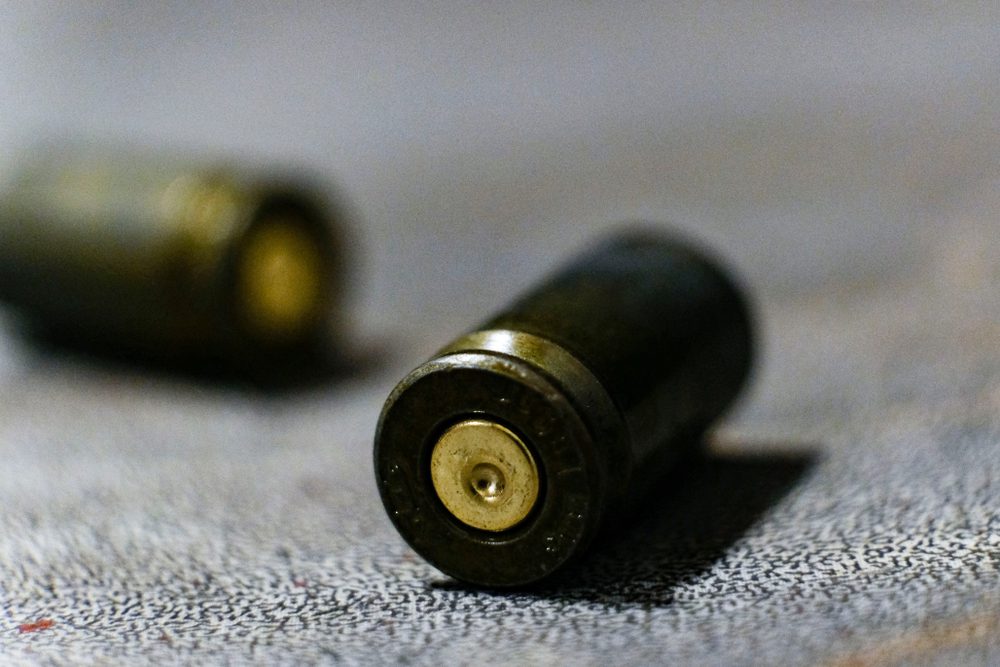
On Friday, December 23th, three people lost their lives during a Paris shooting. The perpetrator seemed to exclusively target attendees of a Kurdish cultural center, so a racist motive is being considered. The Kurdish community, in response, erupted into anger and violent rioting.
French authorities, according to French media, say the shooter is a 69-year-old man. At midday, he opened fire on Rue d’Enghien near the Ahmet-Kaya Kurdish cultural center. The center lies in the busy 10th arrondissement of the French capital, which is home to a large Kurdish population. Witnesses say shots were also fired at a nearby restaurant and barbershop.
Police apprehended the gunman as he entered a hairdressing salon. He was described as white.
Three people hit during the shooting have since died. One is still in critical condition, while two others are hospitalized with less serious injuries. The attacker was wounded in the face, though to what extent or how has not been disclosed.
The perpetrator, a retired train driver, was known to French police for two previous attempted murders. One year ago, he attacked asylum seekers in a Paris migrant camp with a saber, a crime for which he had been detained while awaiting trial. Earlier this month, he was set free—a decision that is now being met with heavy criticism.
In June, he was convicted of a 2016 crime of committing violent acts with a weapon, a conviction for which he had lodged an appeal.
In a tweet, Paris Mayor Anne Hidalgo described him as “a far-right militant” who had targeted the Kurdish community and said that “Kurds, wherever they reside, must be able to live in peace and security. More than ever, Paris is by their side in these dark times.”
La communauté kurde et, à travers elle tous les Parisiens, a été visée par ces assassinats commis par un militant d’extrême-droite. Les Kurdes où qu’ils résident doivent pouvoir vivre en paix et en sécurité. Plus que jamais, Paris est à leurs côtés dans ces heures sombres.
— Anne Hidalgo (@Anne_Hidalgo) December 23, 2022
French President Emmanuel Macron tweeted that France’s Kurds were the target of “a heinous attack,” and wrote that he offered his “thoughts to the victims, to the people who are struggling to live, to their families, and loved ones.”
Les Kurdes de France ont été la cible d’une odieuse attaque au cœur de Paris. Pensées aux victimes, aux personnes qui luttent pour vivre, à leurs familles et proches. Reconnaissance à nos forces de l’ordre pour leur courage et leur sang-froid.
— Emmanuel Macron (@EmmanuelMacron) December 23, 2022
French Interior Minister Gérald Darmanin stated that the gunman was clearly targeting foreigners, yet he remained more apprehensive about attributing any political motive. “It is not certain whether the perpetrator who wanted to kill these individuals was specifically targeting Kurds,” he said.
Investigation into the perpetrator’s motive is ongoing, the prosecutor’s office said. He will be tried for murder, manslaughter, and aggravated violence.
In the shooting’s aftermath, tempers within the Kurdish center flared. Many members of the Kurdish community took to the streets, some pelting police with various objects. During the turmoil, which lasted for several hours, several officers were injured. Police had to resort to tear gas in an effort to disperse the crowd.
DIRECT – Fusillade à Paris : Tensions en cours https://t.co/KRFUGUwOM1
— Clément Lanot (@ClementLanot) December 23, 2022
ALERTE – Très violents affrontements à #Paris10 après le départ de @GDarmanin qui s’exprimait après la fusillade du centre kurde.
— Clément Lanot (@ClementLanot) December 23, 2022
Policier blessé, gaz lacrymogène et projectiles. pic.twitter.com/vsMPSx2ad3
In a televised address, Agit Polat, a spokesperson for the Kurdish Democratic Council in France (CDK-F), said that “once more, French authorities were unable to protect us”—a reference to the January 2013 attack in which three Kurdish women lost their lives at the hands of a Turkish gunman. While a suspect was charged with those killings, he died in custody before being tried.
The victims’ families have long blamed Turkey for the deaths of the three women, and France for failing to conduct a proper investigation.
The stateless Kurds, a non-Arab ethnic group, are spread across Europe and the Middle East, and at odds with Turkish authorities, which—together with the EU and the U.S.—views its Kurdistan Workers’ Party (PKK) as a terrorist organization.
Since the 2013 attack, Kurdish leaders have increasingly called for better protection for their community. “For us, this is a terrorist attack. It takes place in a climate of tension knowingly fed by Turkey,” Polat added.
While he urged the French authorities to stop their “cooperation with Turkish intelligence services,” he acknowledged that Paris had not yet determined the attack to be politically motivated. Since it is not known whether the victims were members of the PKK, or indeed, whether the perpetrator had any affiliation with Turkey, it is not clear whether the attack could be linked to Ankara.The CDK-F, which uses the Ahmet-Kaya cultural center as its headquarters, had called for a demonstration to be held at Place de la République on Saturday—one which at the moment of writing is anything but peaceful.
